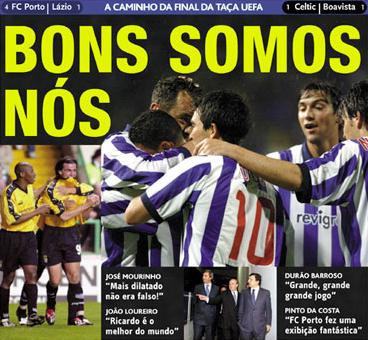The universe is a constantly changing and moving. Some would say it’s a “living” thing because you never know what you are going to see on any given night of stargazing.
Of the many celestial phenomenons, there is probably none as exciting as when you see your first asteroid on the move in the heavens. To call asteroids the “rock stars” of astronomy is both a bad joke and an accurate depiction of how astronomy fans view them. Unlike suns, planets, and moons, asteroids are on the move, ever changing and, if they appear in the night sky, they are exciting and dynamic.

There is a lot of exciting stuff going on in the stars above us that makes astronomy so much fun. The universe is constantly changing and moving.
Unmatched Toner Cartridge Quality
Of the many celestial phenomenons, there is probably none as exciting as when you see your first asteroid on the move in the heavens. To call asteroids the “rock stars” of astronomy is both a bad joke and an accurate depiction of how astronomy fans view them. Unlike suns, planets, and moons, asteroids are on the move, ever changing and, if they appear in the night sky, they are exciting and dynamic.
Of the many celestial phenomenons, there is probably none as exciting as when you see your first asteroid on the move in the heavens. To call asteroids the “rock stars” of astronomy is both a bad joke and an accurate depiction of how astronomy fans view them. Unlike suns, planets, and moons, asteroids are on the move, ever changing and, if they appear in the night sky, they are exciting and dynamic.


